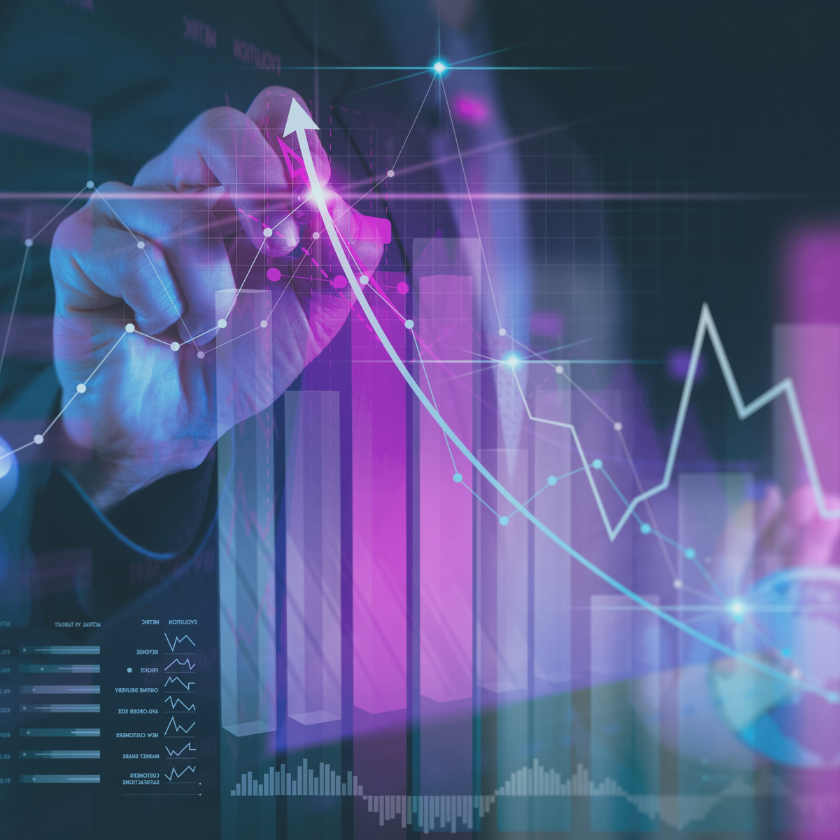Economic Development
Economic development includes not only the idea of growth and enrichment, but also that of an improved quality of life.
Related Subjects


China and the UN’s Peace Keeping Operations: Defending Sovereignty
China has become one of the main personnel contributors for UN peace keeping operations, and the principal contributor among the permanent members of the Security Council.

Ethiopia, an African Power?
For a long time, Ethiopia was the only African country to escape colonization, but over recent decades the country has suffered a string of economic crises, a violent revolution, and Eritrea’s secession. The current government launched a massive development plan which is starting to show sign of improvement.
China and Africa: the Honeymoon is Over
For the new geopolitical reality called “Chinafrica”, the future may not be destined to be as radiant as the official win-win rhetoric would have us believe. Although the beginning of the century was notable for the exponential development of Sino-African trade (which grew from $10 billion in 2000 to $210 billion in 2013), a series of emerging problems seem to be signalling that the Sino-African honeymoon is over and that we are back with the harsh realities of the globalised economy.

The Country Risk Concept
The expression “country risk” emerged in the United States in the 1960s. Its meaning has evolved over time, without any definition ever really being settled on.
Persistence and Evolutions of the Rentier State Model in Gulf Countries
A general economic model of understanding Middle Eastern states was elaborated by political scientists around the 1980’s, based on the concept of rent as a factor of wealth around which the economic model as much as the governance of energy-rich countries was re-organized. The particular case of GCC’s countries as rentier state has been at the cornerstone of this concept since they own the most important share of energy resources in the world.
The European Union's Development Aid : from Development to Security, the Example of the European Development Fund
In the course of its institutional development and the expansion of its activities, the European Union (EU) has tended to pile up rather than to rationalize its policies, creating a financial tool per objective. As a result, the European funds have become a labyrinth, for which management costs are high.

Country Risk Analysis: More than a Postmodern Discipline
Methodological debates about the stages of growth and the way in which a country goes through political modernization are long-established and manifold.

The Legacy of the Great War: Sovereign States, Globalization and Regionalism
The Great War has shaped many 20th century practices and norms.
Winning in Libya: By Design or Default?
The 2011 insurgency in Libya brought about the demise of Supreme Leader Mouammar Qadhafi. A NATO-led coalition operated to meet a unique United Nations mandate including an arms embargo, no-fly zone, and the requirement to protect the population from armed attack.
Establishing the Rule of Law: the U.N. Challenge in Kosovo
Created on the 10th July 1999 by Security Council Resolution 1244, UNMIK was responsible for restructuring the institutions of a country devastated by war and establishing democratic governance. The security of people and goods and the existence of a legal system trusted by the population were two crucial prerequisites to the state-building process.
Support independent French research
Ifri, a foundation recognized as being of public utility, relies largely on private donors – companies and individuals – to guarantee its sustainability and intellectual independence. Through their funding, donors help maintain the Institute's position among the world's leading think tanks. By benefiting from an internationally recognized network and expertise, donors refine their understanding of geopolitical risk and its consequences on global politics and the economy. In 2024, Ifri will support more than 70 French and foreign companies and organizations.










